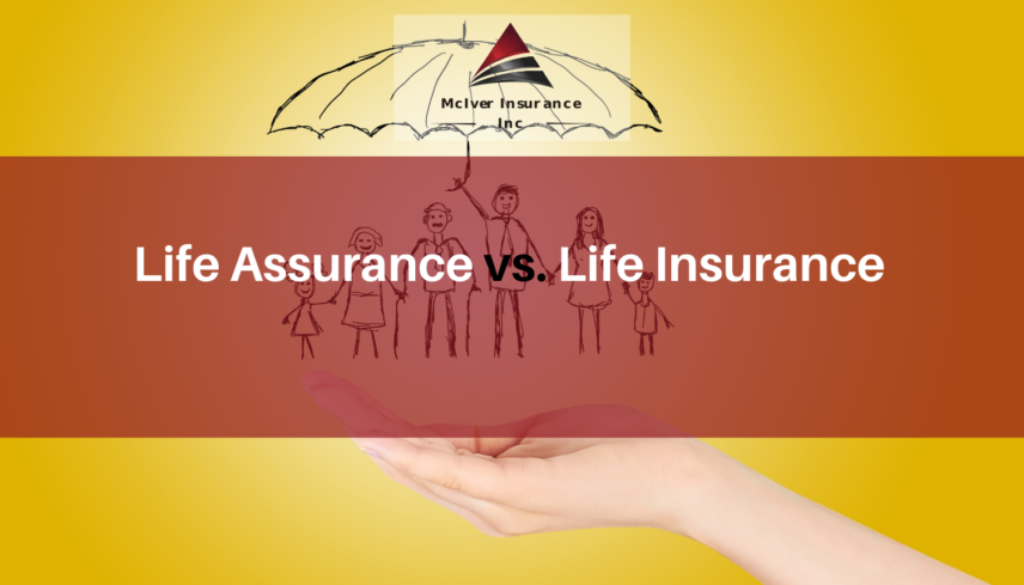Life Assurance vs. Life Insurance
In many parts of the world, life assurance and life insurance are terms that are used interchangeably, which can get confusing. Even though they are pretty similar, these two insurance types aren’t the same.
While the primary purpose of both policies is to protect your loved ones’ financial futures in the case of an untimely demise, they don’t work exactly the same way and can serve different purposes.
Life Assurance vs. Life Insurance
One of the major differences between the two is that while a life insurance plan covers a policyholder for a set number of years, a life assurance plan covers them indefinitely.
Having life insurance can almost be considered a necessity. Life assurance, on the other hand, is more of a financial instrument for wealthy individuals, as it can help serve a variety of long-term financial planning purposes.
In this article, we will learn more about each of these insurance types, their unique benefits, and their impacts – helping you secure a brighter and safer financial future for your family and loved ones.
What Is Life Assurance?
Traditionally, Trusts and Foundations have been the go-to vehicles for high-net-worth individuals seeking a secure wealth planning structure. However, in today’s modern world, life assurance policies are quickly becoming a popular financial tool for families wanting to combine wealth management and estate planning under one transparent and cost-efficient framework.
So, what is life assurance? “Life Assurance”, also known as a “Whole of Life Policy”, covers a policyholder indefinitely and is guaranteed to pay out a lump sum when the policyholder dies as long as you are up to date with your premiums.
This type of policy is a mixture of both insurance and investment funds, funded with the premiums paid by the policyholder.
What Does Life Assurance Entail? How Does It Work?
In the event of the policyholder’s death, a life assurance policy will pay out a tax-free sum based on either a guaranteed minimum or the equivalent investment valuation. It will also payout the total value of annual accumulated bonuses made by the life assurance provider at the time when it is redeemed.
While a life insurance policy only has value in the event of a claim, a life assurance policy guarantees a payout. As such, premiums for life assurance policies are higher than life insurance, as a payout is inevitable.
Premiums are paid either monthly or annually and can be either fixed or reviewable depending on your policy plan.
Life assurance policies that are linked to investments are reviewable which means premiums can increase or decrease depending on the gains/losses on investments made. Your cover amount can also change in a reviewable policy.
Life assurance is therefore more suited for higher-net-worth individuals or families that are seeking a long-term capital growth plan that offers favourable tax benefits.
The main benefits of a life assurance policy are that it provides an essential long-term financial planning tool for succession planning, wealth/asset management, and tax planning.
It is not surprising then that 65% of wealthy individuals opt for a life assurance policy and that number is likely to grow even more in coming years.
What Is Life Insurance?
A life insurance policy is designed to cover your dependents’ immediate and future expenses in the event of your untimely demise. However, unlike a life assurance policy, payouts are not guaranteed as life insurance policies are term based.
If you outlive the term period on your life insurance policy, the policy will simply end and you won’t receive a payout.
As such, life insurance only has value in the event of a claim (death of the policyholder) and only covers the policyholder for a specific number of years. It has no investment element and as a result, monthly premiums tend to be a lot less than those for a life assurance plan.
These policies are designed to ease the financial burden caused by critical illness or death of the breadwinner. The lump sum tax-free amount can be used to pay for funeral costs, estate taxes, and any outstanding debts. It can also help cover future expenses for children such as university fees and provide replacement income to help support dependents.
How Does Life Insurance Work?
Life insurance pays out a tax-free cash lump sum in the event of a claim to all of your designated beneficiaries. These policies are commonly available for a specific, pre-set period of 10, 20 or 30 years and in three forms; level, increasing, and decreasing cover.
Level policies have the same monthly premium amount for the entire duration of the term. An increasing cover life insurance plan will have premiums that start off low but go up year by year. A decreasing cover plan will have high monthly premiums to start with the amounts decreasing as the years go by.
It is always best to consult with an insurance broker, as picking a plan can be tricky, and opting for the wrong choice can have long-term repercussions.
Make Better Insurance Decisions With McIver Insurance, Halifax
If you are seeking a trusted insurance broker in Nova Scotia to help you decide what insurance policy to opt for, look no further than McIver Insurance. We offer personalized Health Insurance, Life Insurance, Group RRSP, and group benefit plans that are tailor-made for individuals, families, and businesses.
We are your trusted insurance partners and offer a range of insurance plans that are the most flexible and cost-effective in Nova Scotia. Regardless of your budget or where you live in the Atlantic Provinces, we got you covered!
Give us a call today to speak with one of our distinguished insurance specialists and learn more about which type of policy would be best suited to your particular needs.



